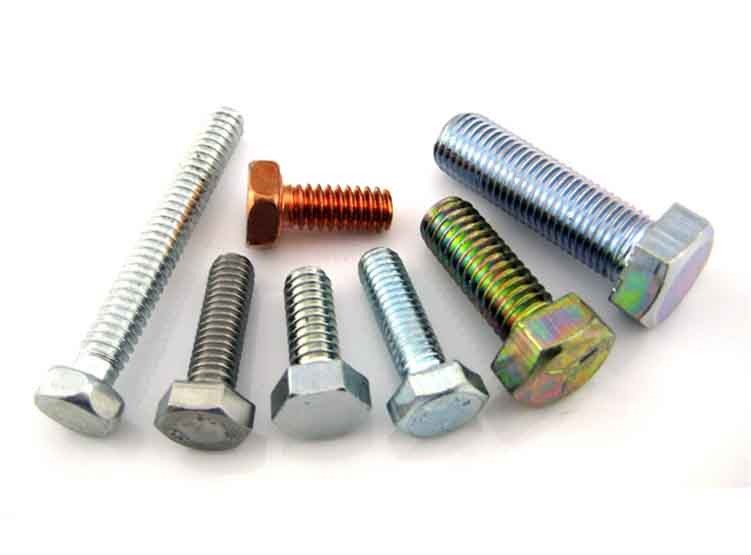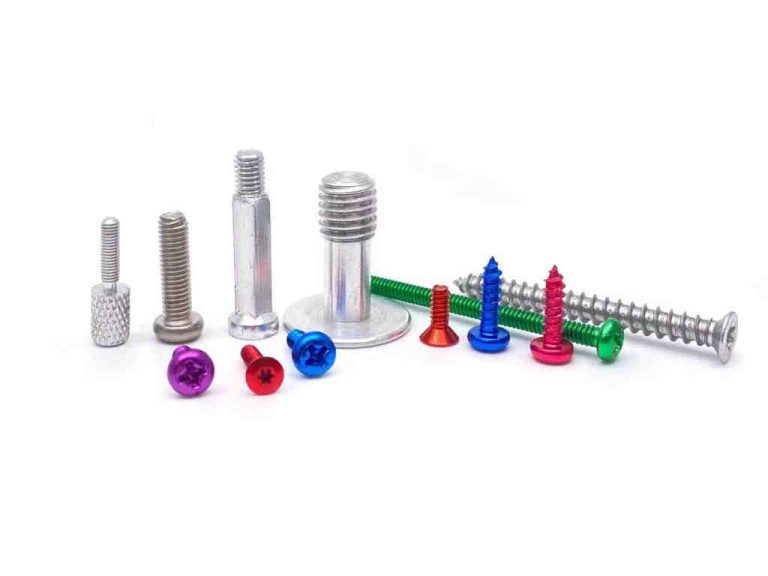What are Key Differences Between Bolts and Screws: Choosing the Right Fasteners
Bolts and screws are common connection fasteners with similar threads, widely employed in various fields and equipment for connecting and fastening. The resemblance in their threads often leads customers to mix them up during purchases. To assist in making the right choice, let's explore the key differences between bolts and screws.
Understanding Bolts and Screws
Bolts:
A bolt is a fastener consisting of a head and a screw (referring to the threaded part). When fastening two parts with through holes, it requires a nut to form a secure connection. This type of connection is known as a bolted connection, allowing for detachment by unscrewing the nut.

Screws:
Screws, on the other hand, are fasteners composed of a head and a screw, divided into three types based on usage: machine screws, set screws, and special-purpose screws. Unlike bolts, screws directly combine with two objects without the need for a nut. The connection relies on the circular rotation and friction of the objects, forming a threaded hold on the connected part.

4 Key Differences Between Bolts and Screws
1. Connection Principle:
Bolts use a nut for fastening, creating a detachable bolted connection.
Screws directly combine with objects, utilizing bevel circular rotation and friction for a non-detachable connection.
2. Structure:
Both have various "head" styles, but screw heads often have fastening grooves, hex shapes, etc.
Bolt heads are typically hexagonal and are larger to accommodate the tools used for tightening.
3. Tools for Tightening:
Bolts are tightened with a spanner.
Screws are usually tightened with a screwdriver.
4. Usage Occasion:
Bolts are widely used for their convenient disassembly and lower processing accuracy.
Screws, with a relatively tight fit, are less often disassembled and are not suitable for bearing large forces.
Summary
When selecting fasteners, it's crucial to understand their specifications and standards. This knowledge helps differentiate between bolts and screws, considering factors such as size, application, and the specific demands of the project. By being aware of these distinctions, you can make informed choices and ensure the correct use of bolts and screws for your needs.
- Art
- Causes
- Crafts
- Dance
- Drinks
- Film
- Fitness
- Food
- Spellen
- Gardening
- Health
- Home
- Literature
- Music
- Networking
- Other
- Party
- Religion
- Shopping
- Sports
- Theater
- Wellness


